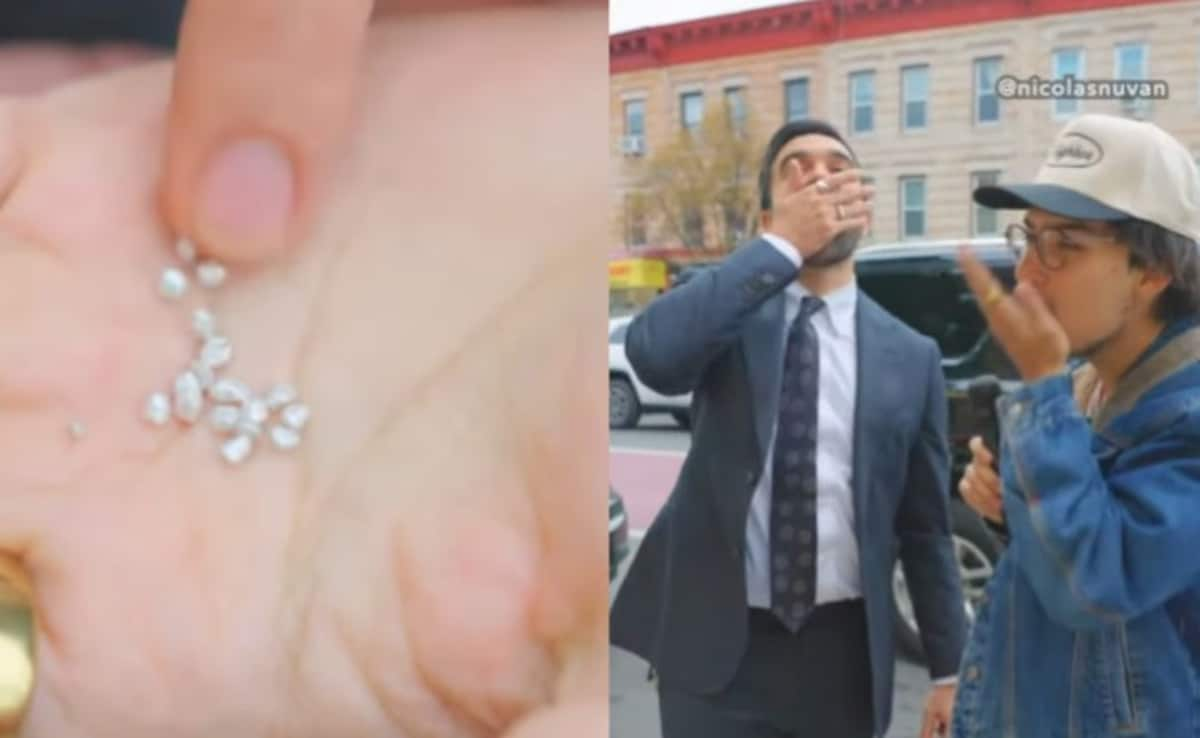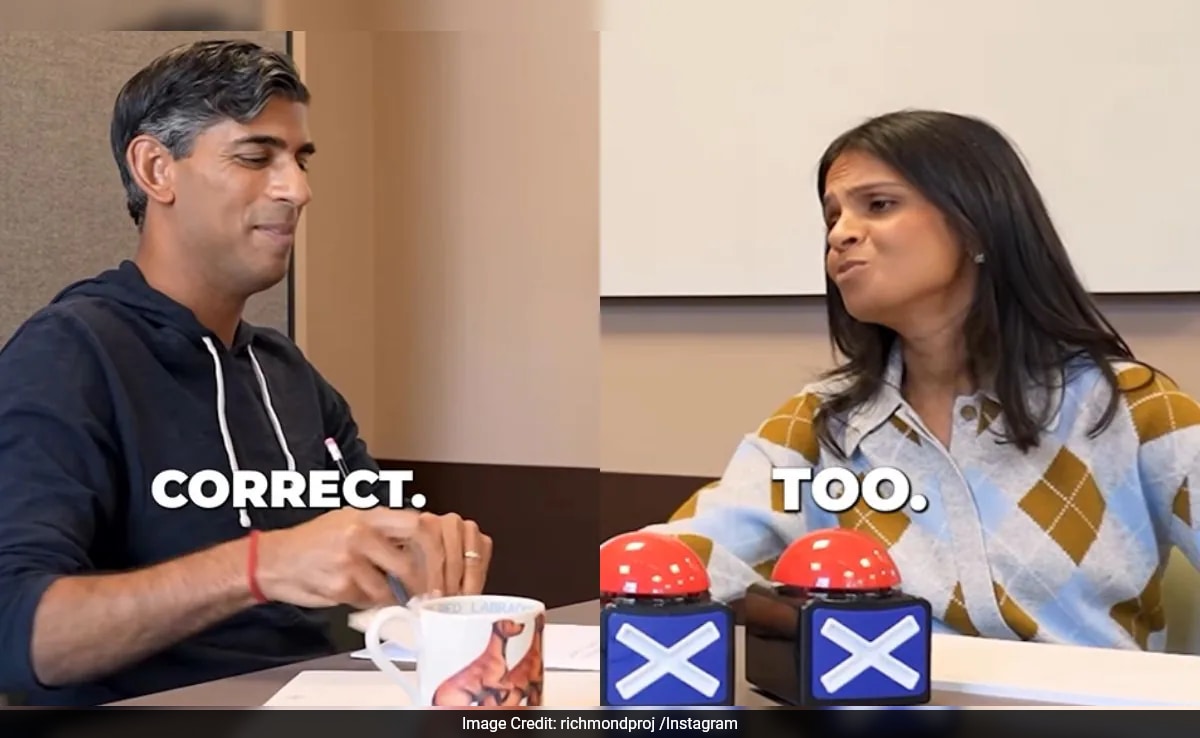Raoult, who wears his silvery hair down to his shoulders, is an anti-establishment figure who nonetheless had been embraced by the French scientific establishment. In 2010, he was awarded the prestigious Grand Prix Inserm â one of the highest honors for scientists in the country.
But his reputation has taken a dramatic turn during the coronavirus pandemic.
In the spring of 2020, only a few months into the outbreak, he announced that the end of the crisis was near. Among the reasons for his optimism were hydroxychloroquine, an easily available antimalarial drug, and azithromycin, an antibiotic, which he had praised as an effective treatment against covid-19.
Fox News took note. President Trump began touting the drugs as possible âgame changersâ and said he had himself started to take hydroxychloroquine. In a surprise visit that April, French President Emmanuel Macron even flew to Marseille to meet with the scientist.
But in May, amid mounting doubt about hydroxychloroquineâs efficacy against covid-19, France banned the treatment, and the U.S. Food and Drug Administration followed by revoking emergency use authorization. Some studies have suggested that the drug additionally may be linked to a higher risk of death for some patients.
Much of the world has moved on â to focus on vaccines and other treatments. Raoult, however, has dug in. He has continued to speak out in favor of hydroxychloroquine. Meanwhile, his support for coronavirus vaccines has been lukewarm. Some of his biggest fans can now be found among the vaccine skeptics at Franceâs weekly protests.
While France was one of the worldâs most vaccine-skeptical nations when coronavirus vaccines were rolled out late last year, it now has a higher vaccination rate than the United States. Anti-vaccine protesters represent a minority in France, but their vigorous protests in recent weeks echo many of the sentiments found among U.S. opponents of vaccination.
Speaking to The Washington Post this past week, Raoult said he plans to remain in his job, citing pleas from his instituteâs councils to remain in office. He previously compared the efforts to remove him to a âcoup,â and added in the interview this week that it was prompted by jealousy.
âEither youâre successful, or people like you. Itâs very hard to get both,â he told The Post.
But his critics, including those who supported him until a few months ago, say he has only himself to blame for the mounting criticism he has encountered.
âRaoult had a very positive impact at the start of the pandemic,â acknowledged Michèle Rubirola, the deputy mayor of Marseille who is in charge of public health. She cited his early advice to âtest, detect and wear masks.â But his continued promotion of hydroxychloroquine and his mixed messaging on vaccination have been a turning point. âYou have to have the humility to acknowledge that youâve been wrong,â Rubirola said.
Concerns over Raoultâs impact extend beyond France. Hydroxychloroquine prescriptions remain at far higher levels in the United States than before the pandemic, despite warnings of serious side effects from the FDA and researchers.
When Macron visited Marseille again earlier this month, he credited Raoult as a âgreat scientistâ but blamed him for possibly having hurt the countryâs vaccination campaign through his public remarks.
Raoult says he has generally been supportive of vaccination against the coronavirus â he has encouraged nurses to get vaccinated. But in contrast to his championing of hydroxychloroquine, his remarks about coronavirus vaccines have frequently focused on aspects that are likely to raise doubts.
âI never take any position against the vaccine. Never, never, never,â he told The Post, adding that âthere is no question about vaccinating people who are at risk to acquire the disease, or to transmit the disease, or to have a severe form.â But he then spent much of the remainder of his response talking about the potential risks of vaccination for younger age groups.
âIs there any risk in vaccinating people?â he asked. âThe answer is yes.â
With videos and posts that similarly focus on potential downsides and unknowns, the scientist has amassed over 800,000 followers on Twitter â more than Franceâs prime minister and health minister combined. In a country with a population of roughly 67 million, his instituteâs YouTube videos, many featuring Raoult, have been watched more than 90 million times.
In one recent video, he discussed a surge of coronavirus cases in Iceland, a country with one of the worldâs highest vaccination rates. But he failed to discuss why hospitalizations and deaths have remained low, which Icelandic authorities view as evidence that vaccines are having their intended effect. In the same video, Raoult said it was too early to say whether vaccines lower the severity of covid-19.
In his videos, he often wears his white doctorâs coat, and leans back into his chair, conveying a sense of certainty, even when he talks about uncertainty.
He has defended his videos as revealing the true state of scientific knowledge about coronavirus vaccines. âScientists who are sure of something are not scientists anymore,â he said.
Though he disputes that his recordings send an anti-vaccine message, some of his supporters at one of Franceâs anti-health-pass protests in Marseille last week felt differently.
âI donât want my son to be vaccinated with an experimental vaccine,â said Stéphanie Busson, who pushed her child in a stroller while holding a handwritten sign that read âDonât touch Raoult.â The scientist, she said, âis very important, because thereâs another solution beyond vaccines, and thatâs the treatments.â
âHe didnât advocate the vaccine,â assured another woman, holding a poster with a photo of Raoult and the slogan âTotal Support!!!â She characterized Raoultâs stance on coronavirus vaccines as âvery suspicious, because there are a lot of side effects and the side effects are never cited by the media.â
When asked about the impact his remarks, Raoult appeared agitated, saying âthis is why I donât want â in general â to speak to journalistsâ and he accused the media of spreading fear of the coronavirus, despite âso few deaths.â (More than 116,000 people have died from the virus in France, according to official statistics. At least 668,000, or 1 in 500 of the population, have died in the United States.)
Itâs difficult to avoid Raoult in France these days. On a bus in Marseille last week, a rush hour commuter switched between music videos and Raoult lectures on YouTube. A Parisian taxi driver cited Raoult as justification for a government conspiracy. Numerous Internet memes portray him as God, a religious leader or a magician.
Some in Franceâs far-right see an ally in Raoult. Last week, a demonstration organized by far-right politician Florian Philippot drew hundreds of people to his institute in Marseille to protest Raoultâs possible removal.
Anti-vaccine posters were still glued to the fence around the institute days later. On the wall of the building, just below the facade glazing that makes the instituteâs exterior look like a half-shut blind, workers had unsuccessfully attempted to remove graffiti slogans that featured still legible words, âMacron,â âShameâ and âNo Pass.â
Raoult denies any political ambitions and said his French supporters come from across the political spectrum. Trump and populist Brazilian leader Jair Bolsonaro taking hydroxychloroquine had meant that âall the liberals everywhere in the world start to be against me,â he said. âBut I donât care.â
Many of Raoultâs colleagues disagree with his assertion that he is detached from politics. In an open letter last month, several leading French doctors condemned Raoult after he shared a conspiratorial text that implicitly called for the execution of doctors considered to be in line with government views. That follows a string of attacks by anti-vaccine activists on French vaccination centers and coronavirus testing tents over the past months.
âWe are individually and collectively worried,â the signatories wrote in their open letter.
Raoult has sought to distance himself. He said he does not support a revolution, but added that he fears one may occur âbecause people are mad.â
On Twitter, he denounced âany threats or harassmentâ after unknown attackers sprayed threats on the home of a man who carries the same name as Marseilleâs public university hospital network director â one of Raoultâs key critics.
But Raoultâs critics in the city fear the damage is done, and that it may be irreversible. As Marseilleâs anti-health-pass protesters marched last week, Jean-Luc Jouve was working to mitigate the fallout.
Jouve, the head of the local hospital networkâs medical commission, steered his motorbike along a highway elevated above the rooftops of the city, racing toward one of Franceâs covid hot spots â 15 minutes by motorbike, but an entire world away from the sunbathers and yachts on the other side of town.
In the poorer northern districts of the city, vaccination rates have hovered below or around 35 percent, compared to over 60 percent nationally. Officials have partially blamed Raoultâs videos for a vaccination divide that has led to a surge in new hospitalizations and deaths in those districts, even though Franceâs overall number of new cases has been dropping.
At a publicly-run vaccination center in one of the northern districts that was set up to tackle the imbalance, only few people had shown up to get their shot when Jouve arrived that day.
âA 10 minute talk by Didier Raoult on YouTube,â he said, means âentire days of door-to-door discussions or educational work that has to be done in the northern districts to convince people to come and get vaccinated.â
.png)











 English (United States) ·
English (United States) ·  Turkish (Turkey) ·
Turkish (Turkey) ·